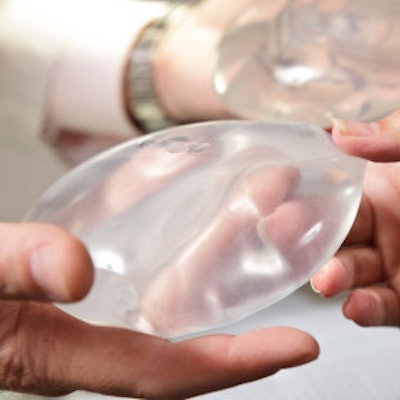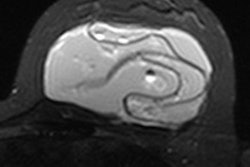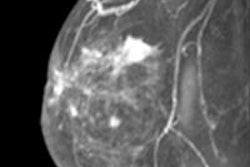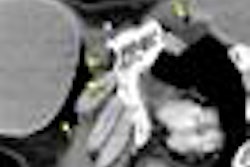
Radiation therapy (RT) may increase complications in breast cancer patients who undergo implant reconstruction, according to a study presented this week at the San Antonio Breast Cancer Symposium (SABCS). But those patients who undergo autologous, or "flap" reconstruction, are not as susceptible to complications.
"There is growing evidence supporting the benefits of postmastectomy radiotherapy in appropriate patients, but many patients still must decide whether they feel that the benefits given their particular circumstances outweigh the risks," said Dr. Reshma Jagsi, DPhil, from the University of Michigan, in a statement released by SABCS. "One of the risks of radiation therapy is that it may affect the options and outcomes for breast reconstruction, which many women who receive mastectomy desire."
Jagsi and colleagues conducted a study that included medical data and patient-reported outcomes from 553 patients who received radiotherapy and 1,461 who did not. About 38% of the patients who received radiotherapy and 25% of those who did not underwent autologous reconstruction. The rest received implant reconstruction.
The researchers investigated whether radiotherapy was associated with the development of complications after breast reconstruction, such as hematoma and wound infection. They also measured patient satisfaction with the outcome using a patient-reported outcome tool, one and two years after reconstruction.
The group found the following:
- At one-year follow-up, 28.8% of patients who received radiotherapy had at least one complication, compared with 22.3% of patients who did not have radiotherapy.
- At two-year follow-up, 34.1% of patients who received radiotherapy experienced reconstruction-related complications, compared with 22.5% of those who did not.
- Radiotherapy was associated with more than double the odds of developing complications in patients who received implants, but it was not associated with complications in those who had autologous reconstruction.
- Based on patient-reported outcome scores, satisfaction was lower in those who underwent radiation versus those who did not receive radiation among patients who had implants. No such differences were found among patients who received autologous reconstruction.
"Although women must still weigh multiple factors, including the differences in operative time and rehabilitation required for different approaches, when selecting their preferred type of reconstruction those who plan to receive postmastectomy radiation therapy should be informed of the substantial and significant impact of radiotherapy observed in the current study among patients who received implant reconstruction," Jagsi concluded.




















